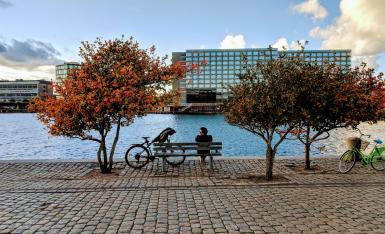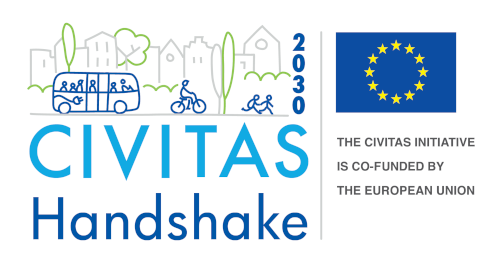Planning, Regulations and Standards
Development
Many of Europe's cities are expanding or intensifying rapidly, and as new development and redevelopment occurs it is important that cities' policies for two wheeled transport are supported and respected. Alongside the allocation of space for high quality cycling facilities, cities are increasingly looking towards those who profit from building such developments to offer a fair contribution towards transport infrastructure. This ensures that developments are connected to existing cycling networks, and that facilities are improved to cater for growth in their usage.
Demonstrating a private sector business case for cycling developments
Handshake will help our cities demonstrate the value of cycling investment which connects new homes and businesses. Ultimately this seeks to lever in private investment to support a shared cycling ambition. Examples will be taken from Copenhagen, where it has been shown that private funding can be used for projects, such as opening up the accessibility of areas of the city for through new cycling bridges - and increasing the attractiveness of these places to live and work in.
Cities using this solution

Leader: Copenhagen
The City of Copenhagen uses municipal plans to engage private developers in the development of the bicycle infrastructure. Setting up minimum demands to include bicycle parking as well as having private developers finance and construct segregated bicycle tracks alongside new buildings in urban development areas is a way of transcending the traditional division of public and private interests.
